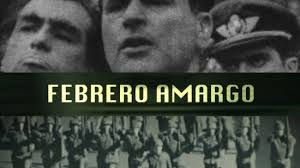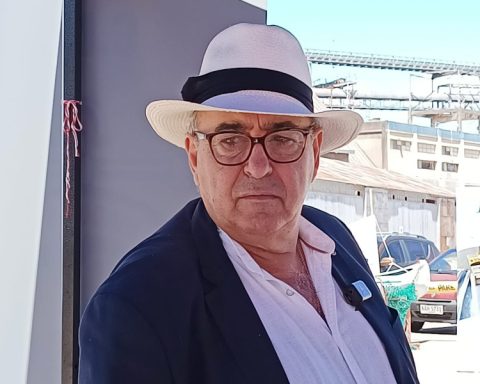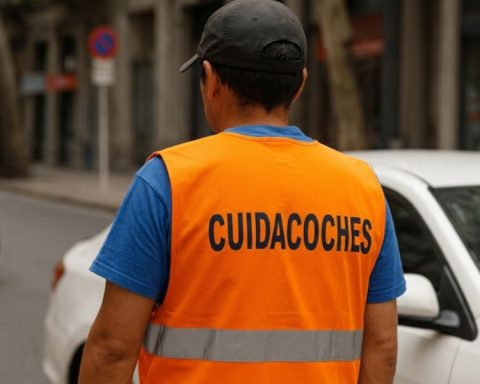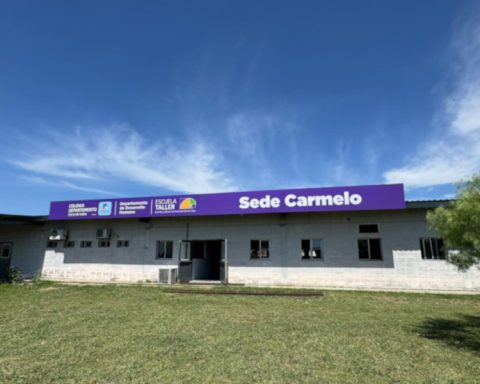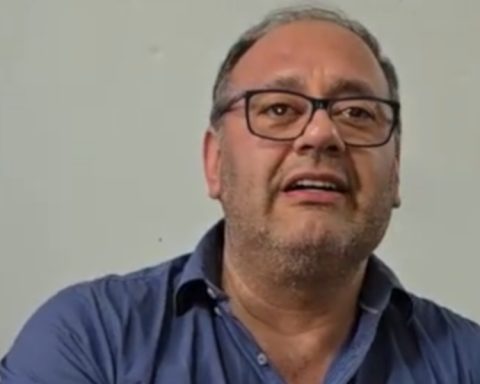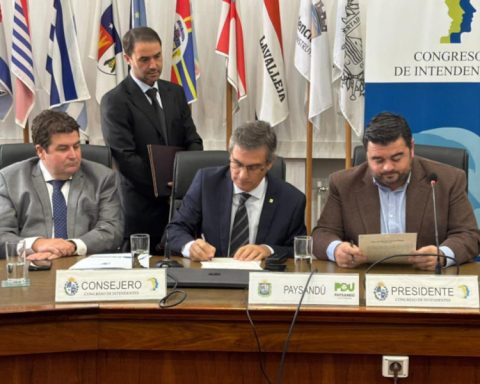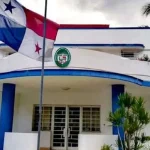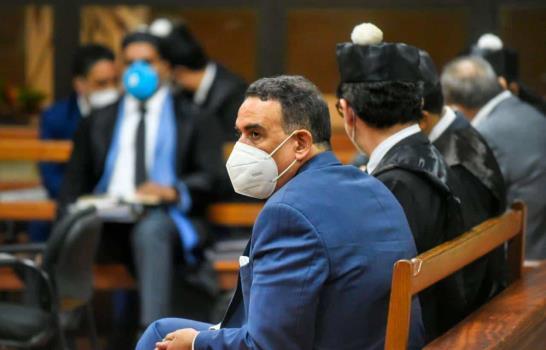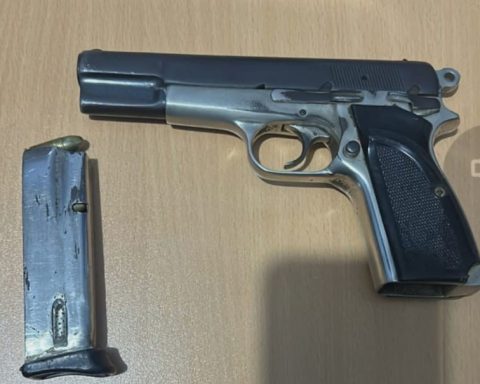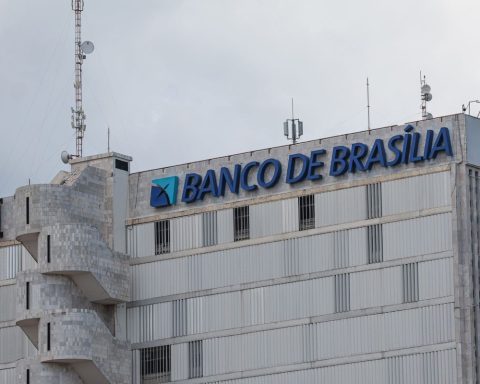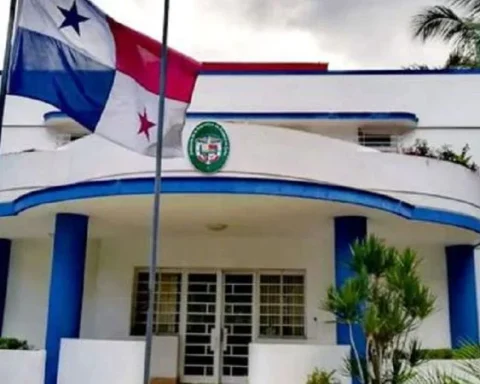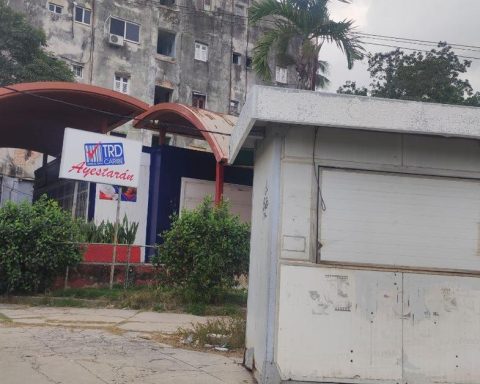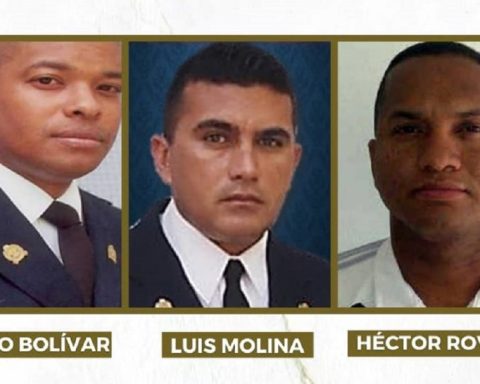This February 9, 2023 marks the 50th anniversary of what would later be popularly known as the “Bitter February” of 1973, a series of events that anticipated, for some, the Coup d’état of June 27 of that same year with the dissolution of the Chambers and the closure of Parliament.
At the initiative of the Colorado Party, and as a reminder, this Thursday the General Assembly will discuss these facts.
On February 8, 1973, the then Colorado President Juan María Bordaberry decided to replace Defense Minister Armando Malet with General Antonio Francese. The change, according to the official story, sought to control the growing political interference of the Armed Forces, denounced at that time, among others, by the senator, also from Colorado, Amílcar Vasconcellos.
The resolution was resisted by the Army and the Air Force, which that night seized the Canal 5 facilities and, through official television, announced that they would ignore Francese’s orders.
Meanwhile, the commander-in-chief of the Navy, José Zorrilla, took the opposite position when he ordered the blockade of the Old City in defense of legality.
After four days of tensions, Bordaberry gave in to military pressure in exchange for continuing in the presidency. On February 12, the president signed the so-called “Boizo Lanza pact”, which contemplated the demands of the military commanders and marked the beginning of a civic-military government.
The day before, Zorrilla resigned from the command of the Navy, after several officers of that force from the Cerro Naval Base were unaware of his authority, aligning themselves with the Army and the Air Force.
We recommend, especially for our young readers, to consult the book that precisely bears the title “Bitter February” by the then Senator of the Republic Amílcar Vasconcellos, whose PDF version can be found for free on the WEB.
